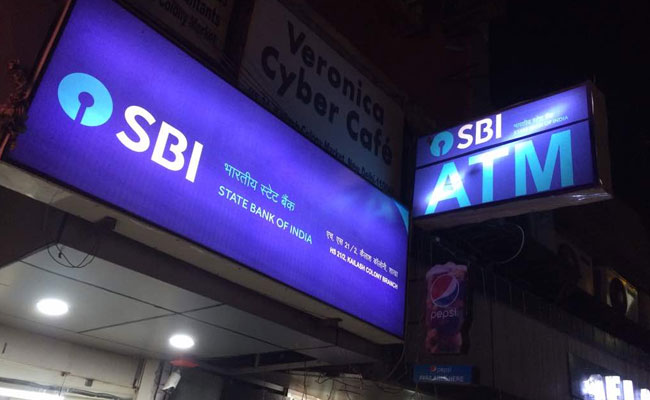No products in the cart.
Gender Equality in India? SBI says Husband can’t use Wife’s Debit Card
Banks have set strict rules that, in general, people are not really appreciating it. Please be careful and don’t let your wife or husband or friend or close relative to do a customary transaction from an ATM using your debit card. When you do, things can get complicated just like the incident that happened in Bengaluru. The Bengaluru woman on maternity leave recently learnt a biggest lesson of her life regarding the debit card incident.
Banking rules state that an ATM card is non-transferable which means no other person apart from the account holder will have complete access to the card. When others try to use your debit card even with your permission, getting the card details such as ATM pin, then things can land you into big trouble. This attempt is deemed contrary to the bank rules.

It was on November 14, 2013, Marathahalli (eastern suburb of Bengaluru City) resident Vandana gave her debit card along with PIN to her husband, Rajesh Kumar, to withdraw a sum of Rs 25,000 from a local SBI ATM. So, Rajesh went to the nearby ATM and swiped the card to withdraw the cash.
But, the machine sent a slip showing the money was debited and the amount was never returned to Rajesh’s hands. State Bank of India mentioned the ‘non-transferable’ rule and strcitly said the account holder was not the ATM user and rejected the money claims.
It was on October 21, 2014, Vandana reached the Bangalore IVth Additional District Consumer Disputes Redressal Forum, claiming that SBI did not refund the actual Rs 25,000 that she lost in the customary ATM transaction. Vandana added she had just given birth and was asked to take rest by the doctor. So, she could not go out of home and therefore told her husband to withdraw the money on behalf of her.
When the ATM did not handout the money, Rajesh contacted the SBI call centre, they informed that there could be a technical issue in the ATM and then they informed that the money would be refunded back to the account within 24 hours.
But, things didn’t happen go down too well when there were no signs of money after the time tick past 24 hours. So, Rajesh approached the bank’s Helicopter Division branch at HAL with a formal complaint. Shockingly, SBI allegedly closed the case in a few days, stating the money transaction was correct and the customer go the money.
After running from one place to a series of other places, Vandana and Rajesh finally obtained CCTV footage that depicted Rajesh using the machine, but no cash was released. They further filed a complaint with the bank, following which an investigation committee cited the Vandana, the owner of the debit card, is not seen in the footage.
Vandana, through Right To Information act, acquired a cash verification report of the ATM for November 16, 2013, that depicted excess cash of Rs 25,000 in the machine. The report submitted in the court was later opposed by the SBI counsel who produced a report depicting no excess cash in the ATM.
Before advancing towards the consumer forum, Vandana-Rajesh made a final request to the bank advocate who simply said, ‘PIN shared, case closed.’
Shockingly, the case went on for over three-and-a-half years. Vandana said State Bank of India should refund her money which was lost due to an ATM error, but the bank cited the rule stating that sharing ATM PIN with someone else is a violation. Further, the bank won the battle by producing documents, including log records, depicting the stated ATM transaction was technically correct.
The final verdict on May 29, 2018, the court made a judgement that Vandana should have given a self-cheque or an authorisation letter to her husband for withdrawal of Rs 25,000, instead sharing the ATM PIN details and making him withdraw the money. The court dismissed the case.












